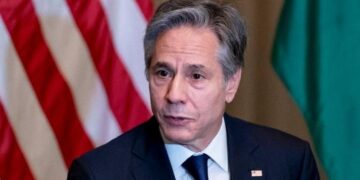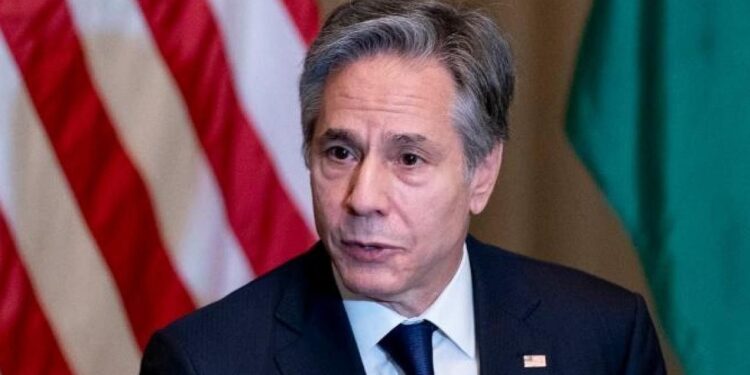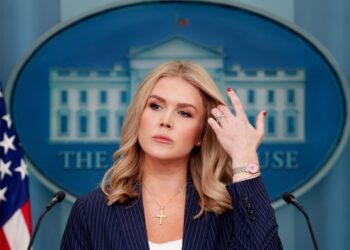By John Ikani
The United States on Thursday raised concerns over Tunisia’s democracy as well as respect for human rights and fundamental freedoms, after President Kais Saied introduced a new constitution giving himself far more powers that could return the country to a dictatorial regime similar to the one that existed before the 2011 revolution.
The new constitution was endorsed in a referendum the president held on Monday, a year after Saied shut down the country’s elected parliament and began ruling by decree.
Opposition parties in Tunisia, who say Saied’s actions are tantamount to a coup and will return the country to autocracy, have questioned whether the official turnout figure of 30.5% in Monday’s vote was inflated, and have said there were procedural abuses and data anomalies.
Saied has said his moves were legal and were needed to save Tunisia from years of stagnation. The electoral commission, whose board he replaced this year, has said the referendum was fair.
Reacting to the development, US Secretary of State Antony Blinken issued a statement on Thursday noting that: “Tunisia has experienced an alarming erosion of democratic norms over the past year and reversed many of the Tunisian people’s hard-won gains since 2011,” (referring to the 2011 revolution that introduced democracy).
Blinken’s statement said the United States shares concerns that the new constitution could weaken democracy and erode respect for human rights and fundamental freedoms, and that the process of drafting it limited scope for genuine debate.
The US Secretary of State pledged that the United States will continue to use all possible tools to support the Tunisian people in forging a democratic and accountable government that preserves the space for free debate and dissent, safeguards human rights, respects judicial independence and separates powers for democracy.
He concluded his statement by saying: “The US-Tunisia partnership is strongest when there is a shared commitment to democracy and human rights.”




































